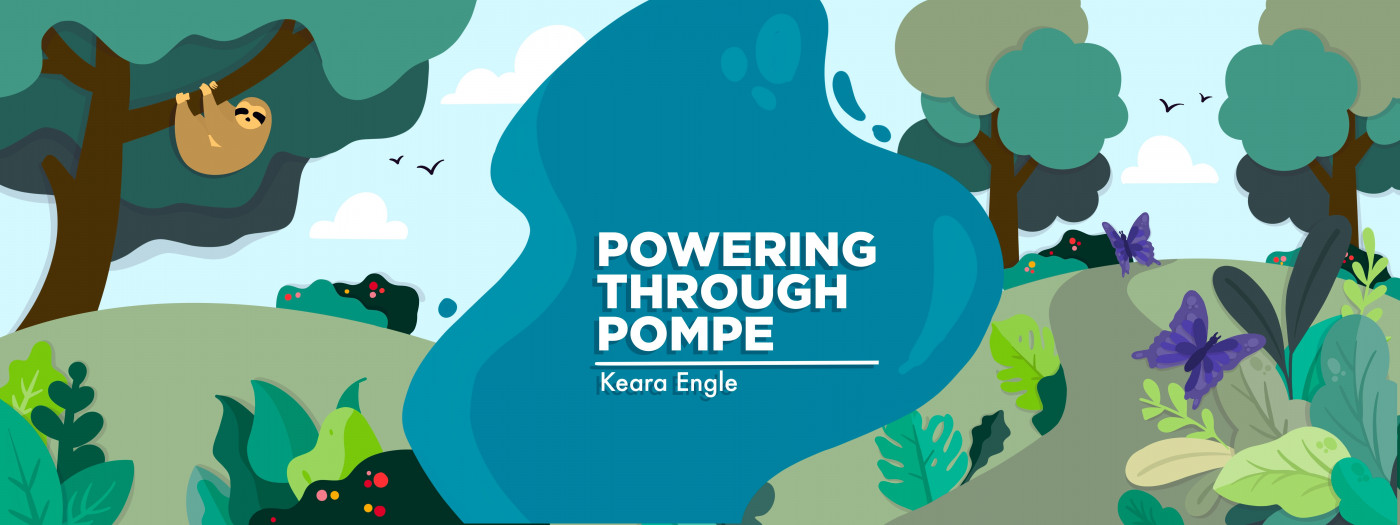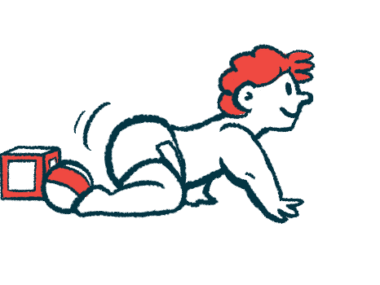The results of my son’s latest swallow study were disappointing
The procedure didn't go as planned for a 5-year-old with Pompe disease
Written by |

My 5-year-old son, Cayden, recently had a swallow study done for the first time since he was 3. Although he cooperated much better this time, we still didn’t get the desired results.
When he was younger, Cayden required many swallow studies due to his infantile-onset Pompe disease. Because his muscles are too weak for oral feeding, he is fed through a gastrostomy tube, or G-tube. However, in the past year, he’s started to show an interest in eating orally.
Because of this, I reached out to his specialists to ask if we could do another swallow study. I wanted to make sure that when he swallows food, it goes to his stomach and not into his lungs, which could cause him to aspirate. Aspiration increases the risk of pneumonia, which can lead to severe complications for Cayden.
I also thought it would be the perfect time for a repeat study, as Cayden’s behavior at the doctor has greatly improved. Last time, he was experiencing so much anxiety that the therapist couldn’t get any results. He just cried and screamed and wouldn’t even attempt to swallow. Nowadays, he’s much calmer.
Not what we were expecting
After a few months of waiting, our appointment day finally arrived. The speech therapist mixed a few different foods and water with a white powder called barium. Barium helps the upper gastrointestinal tract show up more clearly on an X-ray, allowing doctors to see where food goes after swallowing.
We started off with a bite of applesauce, and the therapist took multiple X-rays while Cayden attempted to swallow. After a moment, Cayden indicated to us that he had swallowed it all; however, the X-rays showed that he was holding the applesauce in the back of his throat.
Then, the speech therapist gave him a sip of water to help wash the food down. Cayden did swallow a tiny bit of the water and applesauce, but there was still a ton left in the back of his throat. Pompe disease weakens his muscles so much that he doesn’t even feel when there’s food back there.
While the food was sitting in his throat, Cayden ended up aspirating some of it into his lungs. This is exactly what we want to avoid.
Because of the results, the speech therapist could not recommend oral feeding at this time. This puts a huge strain on mealtimes because Cayden is so eager to eat. He enjoys small bites of applesauce, pudding, and mashed potatoes. And he loves to lick ketchup and ranch dressing off of french fries and fresh vegetables.
It’s not easy telling a 5-year-old that they can no longer eat the foods they’ve enjoyed, but Cayden’s health is what’s most important. I can’t say no every time, so I’ve been giving him small tastes here and there. But for now, Cayden’s G-tube is here to stay.
Note: Pompe Disease News is strictly a news and information website about the disease. It does not provide medical advice, diagnosis, or treatment. This content is not intended to be a substitute for professional medical advice, diagnosis, or treatment. Always seek the advice of your physician or other qualified health provider with any questions you may have regarding a medical condition. Never disregard professional medical advice or delay in seeking it because of something you have read on this website. The opinions expressed in this column are not those of Pompe Disease News or its parent company, Bionews, and are intended to spark discussion about issues pertaining to Pompe disease.




Leave a comment
Fill in the required fields to post. Your email address will not be published.